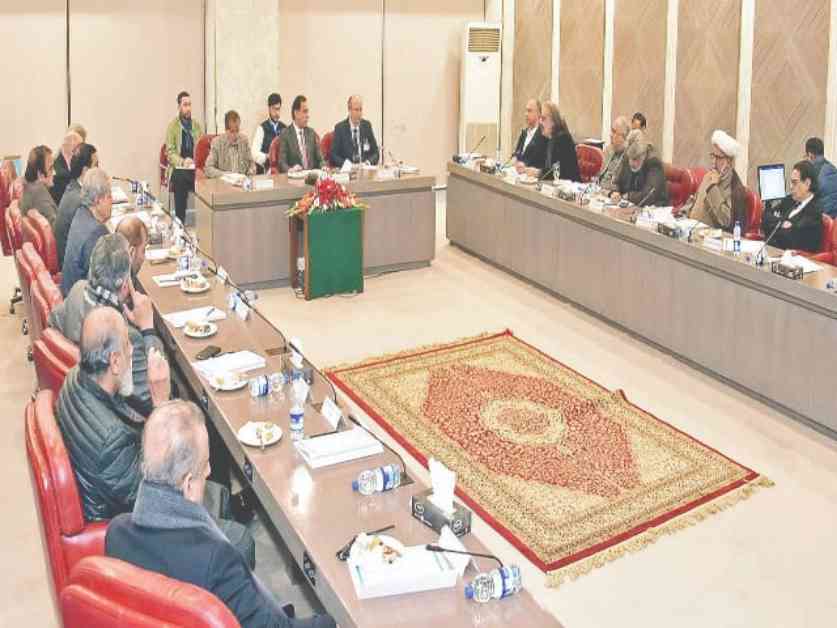Government and PTI Negotiations Progress Slowly: Updates and Analysis
In the heart of Islamabad, at the esteemed Parliament House, a crucial meeting was held to discuss the ongoing negotiations between the government and the Pakistan Tehreek-e-Insaf (PTI) party. The session was chaired by none other than National Assembly Speaker Ayaz Sadiq, marking a significant step in the dialogue process. The meeting brought together key figures from both sides, each representing their respective interests and priorities in the unfolding political landscape.
Slow Progress and Uncertain Path Ahead
The PTI delegation, led by prominent leaders such as Khyber Pakhtunkhwa Chief Minister Ali Amin Gandapur and former NA speaker Asad Qaiser, engaged in discussions with senior government officials like Deputy Prime Minister Ishaq Dar and PM’s Adviser Rana Sanaullah. The atmosphere was tense yet constructive, as both parties navigated through a series of demands and counter-demands, seeking common ground amidst differing perspectives.
Delays and Disputes
Behind the scenes, the PTI seemed to adopt a cautious approach, delaying the submission of its charter of demands in written form. Citing instructions from the party’s founding chairman, who is currently incarcerated, as a key factor, PTI leaders expressed a desire to await the outcome of a crucial judicial verdict scheduled for January 6. The government, on the other hand, appeared receptive to PTI’s demands for the release of jailed workers and the formation of a judicial commission to investigate past incidents.
Optimism Amidst Challenges
As the negotiations unfold, both sides remain cautiously optimistic about the prospects of a mutually beneficial resolution. The dialogue represents a significant shift in Pakistan’s political dynamics, signaling a willingness to engage in constructive discussions despite deep-seated differences. However, the road ahead is fraught with challenges, particularly concerning PTI’s insistence on the release of their leader, Imran Khan, and the government’s response to this critical demand.
In the midst of uncertainty and complexity, the true test lies in the ability of all parties involved to prioritize national interests over partisan agendas. As the dialogue progresses, the fate of these negotiations will hinge on the delicate balance between compromise and conviction, shaping the future of Pakistan’s political landscape in unforeseen ways.









